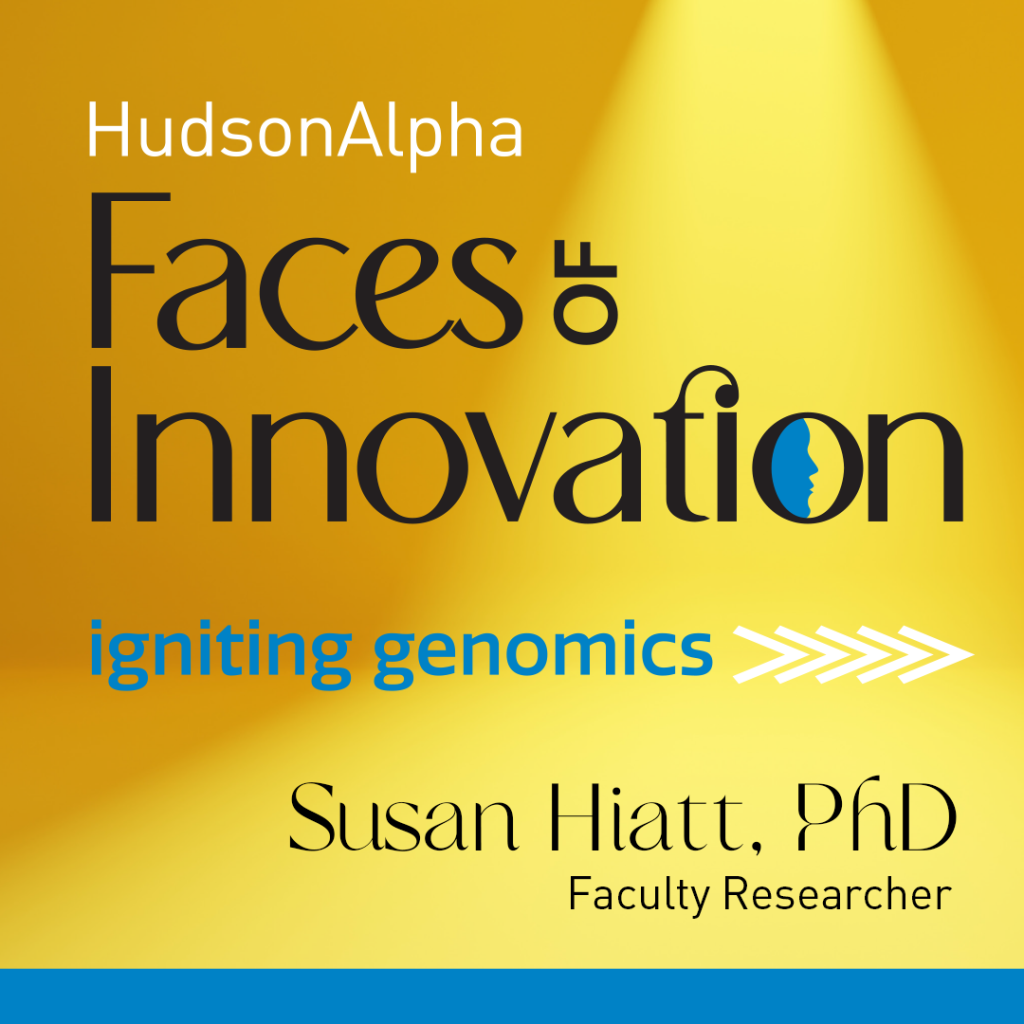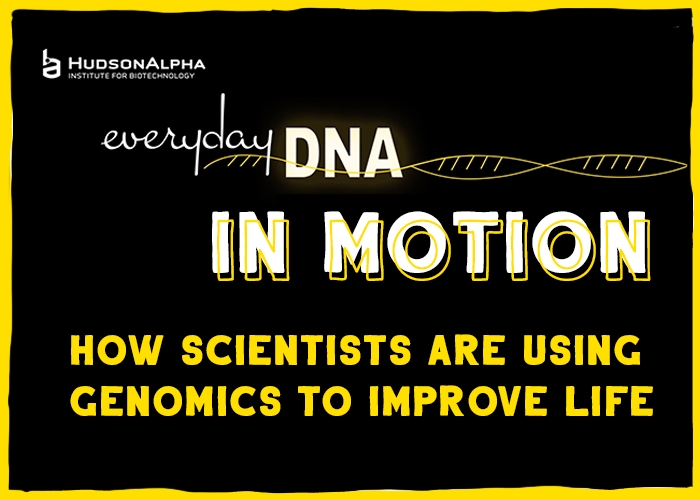Huntsville, Ala. — HudsonAlpha Institute for Biotechnology has diagnosed more than 100 children through the Clinical Sequencing Exploratory Research project (CSER), which works to identify genetic diagnoses for children with intellectual disabilities and developmental delay.
The announcement was made today when HudsonAlpha scientists, collaborators, patients and their families gathered at the Institute to celebrate the achievement.
Two out of every 100 children are born with a physical disability or developmental delay, many of which have genetic causes but remain undiagnosed. Children with these undiagnosed conditions go through countless physician appointments seeking answers– and often undergo unnecessary treatments.
“CSER is a project that we have here at HudsonAlpha where our goal is to diagnose children who have unexplained neurological conditions,” said Greg Cooper, PhD, faculty investigator at HudsonAlpha. “We use whole genome sequencing, which is essentially looking at every piece of a child’s genetic code. What we often find is that children that have these sorts of conditions will have a cause rooted in their DNA that contributes to the challenges that they might be dealing with.”
Through genomic sequencing and analysis, HudsonAlpha is able to provide answers to patients and families and ultimately end their diagnostic odysseys. One such family is Anna Brooke Ainsworth of Florence, Ala.
Her parents, David and Miranda Ainsworth, spent eight years searching for a diagnosis for their daughter. Through whole genome sequencing, that journey finally ended; in February 2016, Anna Brooke was diagnosed with Cornelia de Lange syndrome (CDL), a rare genetic developmental disorder. The features of this disorder vary widely and range from relatively mild to severe.
“This has been such as long journey for us and we were just thrilled to have an answer,” said Miranda. “We can deal with whatever, but to get an answer that puts it all together, this is what we needed. We needed that for our family.”
Miranda tells the full story of finding a diagnosis in the following video featuring Greg Cooper, PhD (HudsonAlpha); Martina Bebin, MD (North Alabama Children’s Specialists and the University of Alabama at Birmingham).
In addition, the HudsonAlpha Foundation has established the Hope for Children Fund to bring genomic sequencing to patients and families outside of North Alabama by collaborating with physicians to provide whole genome sequencing for difficult pediatric cases.
“I never dreamed ten years ago that we’d be using genetics on a daily basis and actually be doing something that not only was contributing to our general knowledge about how genetics shapes our health, but in fact contributes in a very direct way a particular person or particular family,” said Cooper. “It’s very gratifying to make these kinds of discoveries and it’s also motivation to work harder.”
To learn more about how you can help bring hope to more families, visit http://hudsonalpha.org/hope-for-children.
The HudsonAlpha CSER project is funded through NIH grant UM1HG007301.
About HudsonAlpha: HudsonAlpha Institute for Biotechnology is a nonprofit institute dedicated to innovating in the field of genomic technology and sciences across a spectrum of biological challenges. Opened in 2008, its mission is four-fold: sparking scientific discoveries that can impact human health and well-being; bringing genomic medicine into clinical care; fostering life sciences entrepreneurship and business growth; and encouraging the creation of a genomics-literate workforce and society. The HudsonAlpha biotechnology campus consists of 152 acres nestled within Cummings Research Park, the nation’s second largest research park. Designed to be a hothouse of biotech economic development, HudsonAlpha’s state-of-the-art facilities co-locate nonprofit scientific researchers with entrepreneurs and educators. The relationships formed on the HudsonAlpha campus encourage collaborations that produce advances in medicine and agriculture. Under the leadership of Dr. Richard M. Myers, a key collaborator on the Human Genome Project, HudsonAlpha has become a national and international leader in genetics and genomics research and biotech education, and includes more than 30 diverse biotech companies on campus. To learn more about HudsonAlpha, visit: http://hudsonalpha.org/.
Media Contact:
Margetta Thomas
mthomas@hudsonalpha.org
256-327-0425


